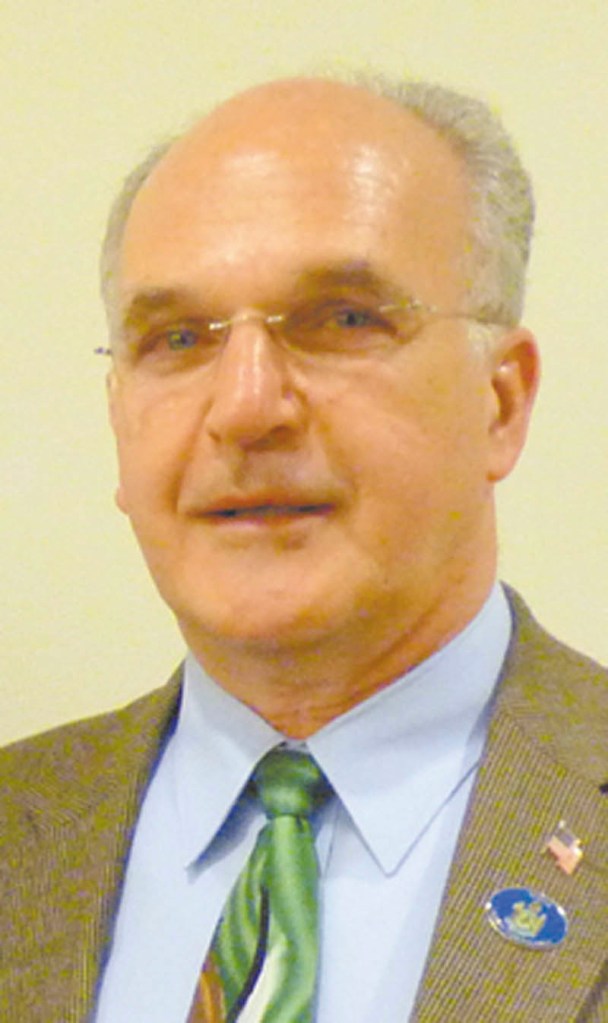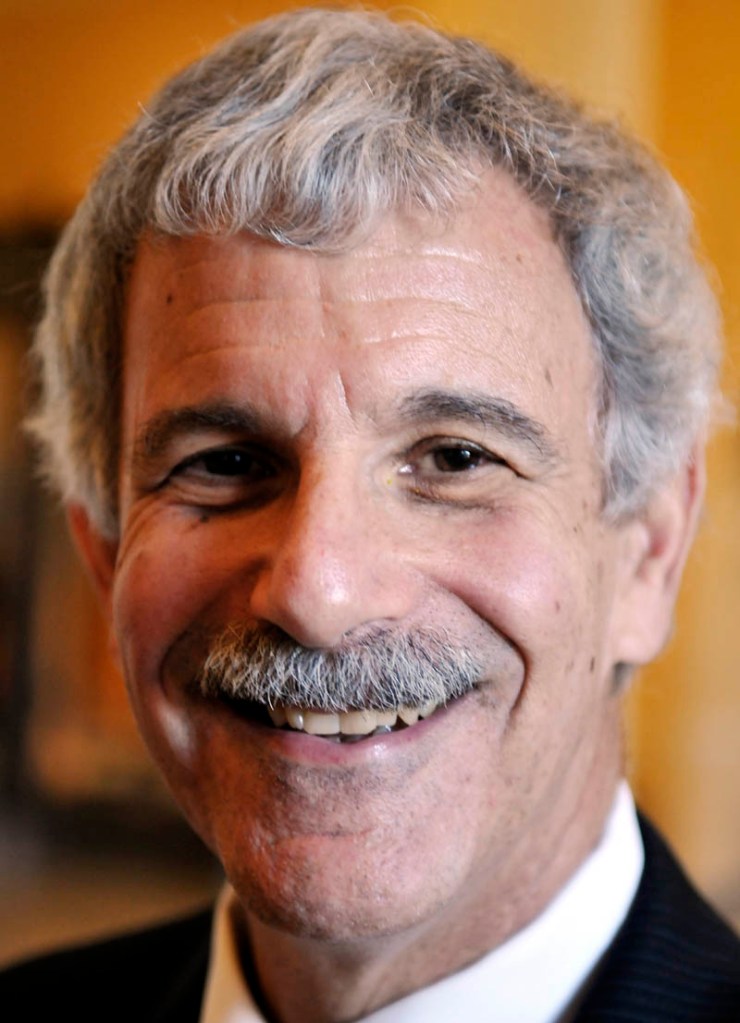AUGUSTA — Some top Republicans and Democrats in the Legislature agree on one of the hot button issues around the capital: The governor should not be able to hold up bond issues for improvement projects and economic development.
The move to limit Gov. Paul LePage’s authority on bonds came to light when a new round of bills were made public Thursday.
It’s the latest in a stream of policy disagreements ranking Republicans have with the Republican governor.
“I’m not picking a fight with anyone,” said Rep. Dennis Keschl, R-Belgrade, the lead sponsor of the bipartisan bill that could curtail a governor’s authority to hold up bonds. “But if people are looking for a fight, this is an issue they can fight on.”
The bond proposal comes after Senate Minority Leader Roger Katz, R-Augusta, sponsored a bill to boost revenue sharing to cities and towns, something LePage has proposed cutting entirely for the next two years.
Keschl’s bill, co-sponsored by House Majority Leader Seth Berry, D-Bowdoinham, and Katz, R-Augusta, suggests specific situations for when the state’s treasurer can hold up money in a voter-approved bond.
LePage asserted executive power to delay funding contained in voter-approved bonds by not authorizing the money for projects, including more than $64 million voters approved in November.
Reps. Tom Saviello, R-Wilton, and Corey Wilson, R-Augusta, also signed on to the propsal.
Not all Republicans have joined in.
House Minority Leader Kenneth Fredette, R-Newport, who said he hasn’t reviewed the bill, said he would oppose an effort to restrict the executive branch’s power to issue bonds. He said he supports a governor’s authority to make final borrowing decisions.
“Just because you’ve been approved for a loan doesn’t necessarily mean you want to take it out,” he said.
If Keschl’s bill passes, voter-approved bonds would have to be issued unless borrowing would have an adverse impact on the state’s credit rating, if a delay in issuance could result in better interest rates or if there is other money available to implement programs.
Keschl said his bill is not aimed at LePage, but at achieving his goal of “good governance” and a proper balance of power between the governor and Legislature.
LePage spokeswoman Adrienne Bennett said she would not comment on the bill because she had not seen it.
“This has nothing to to do with Gov. LePage,” Katz said. “But when a legislature has passed a bond by a two-thirds majority in both houses and the people of the state have said they agree in an election, there ought to be some significant limitation on the power of one person to say no.”
As with most things in the State House, however, it does have something to do with LePage.
LePage recently highlighted the governor’s ability to not sign off on financial orders to borrow money. He initially said he would wait until the state’s financial picture improves to do so and this month used the bond issuance to negotiate with lawmakers. The LePage administration proposed a pathway to releasing the bonds, saying lawmakers must agree to pay the state’s hospital debt, first by borrowing then by using money from a renegotiated liquor contract to cover the cost.
This session, 33 general fund bonds have been proposed — essentially a list of legislators’ hopes and dreams. Possible categories this year run the gamut from building a new site for the state archives to home weatherization to improving roads and higher education to ensuring clean water.
LePage hasn’t come out against borrowing, although he opposed the four measures on the 2012 ballot, all of which passed.
“Bonds aren’t the sole solution that are going to create the jobs we need,” said Bennett. “It’s very easy to spend money, but you run out of money before you run out of ideas.”
Revenue sharing also is separating LePage and some legislative Republicans.
Katz and Senate President Justin Alfond, D-Portland, have proposed similar bill titles that would mandate the state give 5 percent of revenue to municipalities in sharing agreements. Of that money, $44 million has been taken over the past four years to balance state budgets, according to the Maine Municipal Association.
LePage, meanwhile, wants to take revenue sharing out of the next two-year budget as a temporary measure to balance the state’s finances. He has called it a difficult decision, and his office has challenged lawmakers to find alternatives.
While the leaders of both parties agree that revenue sharing should go to cities and towns, they don’t agree on the political implications of Republicans breaking ranks to support revenue sharing.
Alfond said it’s because of a governor out of step with his party and pointed to Katz and his revenue-sharing plan.
Katz “is a leader — the second-ranking leader in the Republican Senate,” Alfond said. “There is a schism that’s happening.”
But Katz chalks it up to a political system that’s working — not animosity between the governor and legislative Republicans. Revenue sharing is no partisan issue, he said.
“I caution people to read too much into Democrats and Republicans signing onto the same bills,” he said. “It’s a sign that we’re trying to do what people sent us here to do, which is to try to work together.”
Michael Shepherd — 370-7652
mshepherd@mainetoday.com
Send questions/comments to the editors.





Comments are no longer available on this story